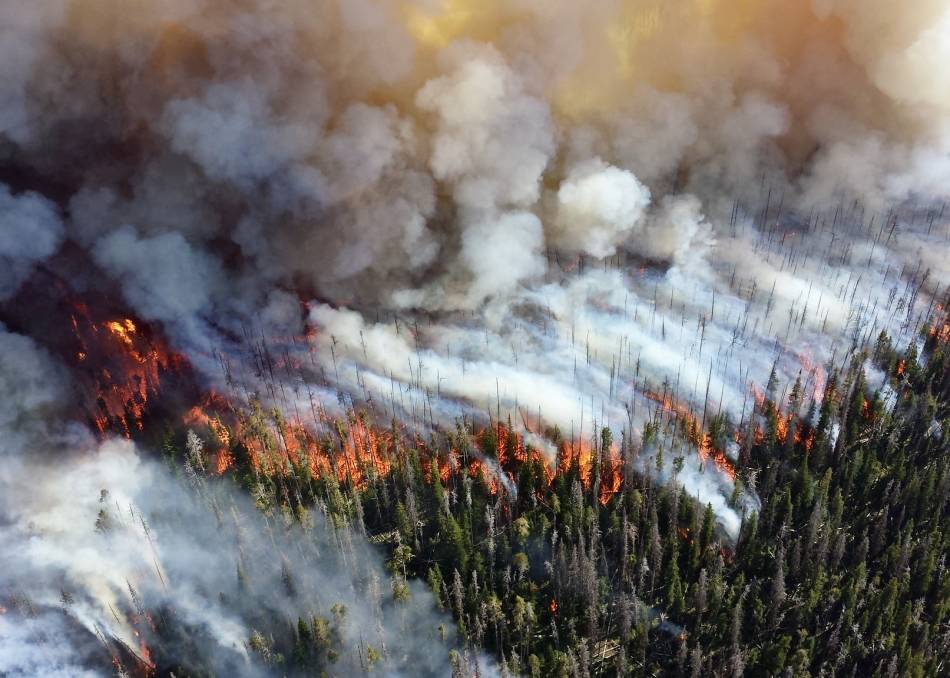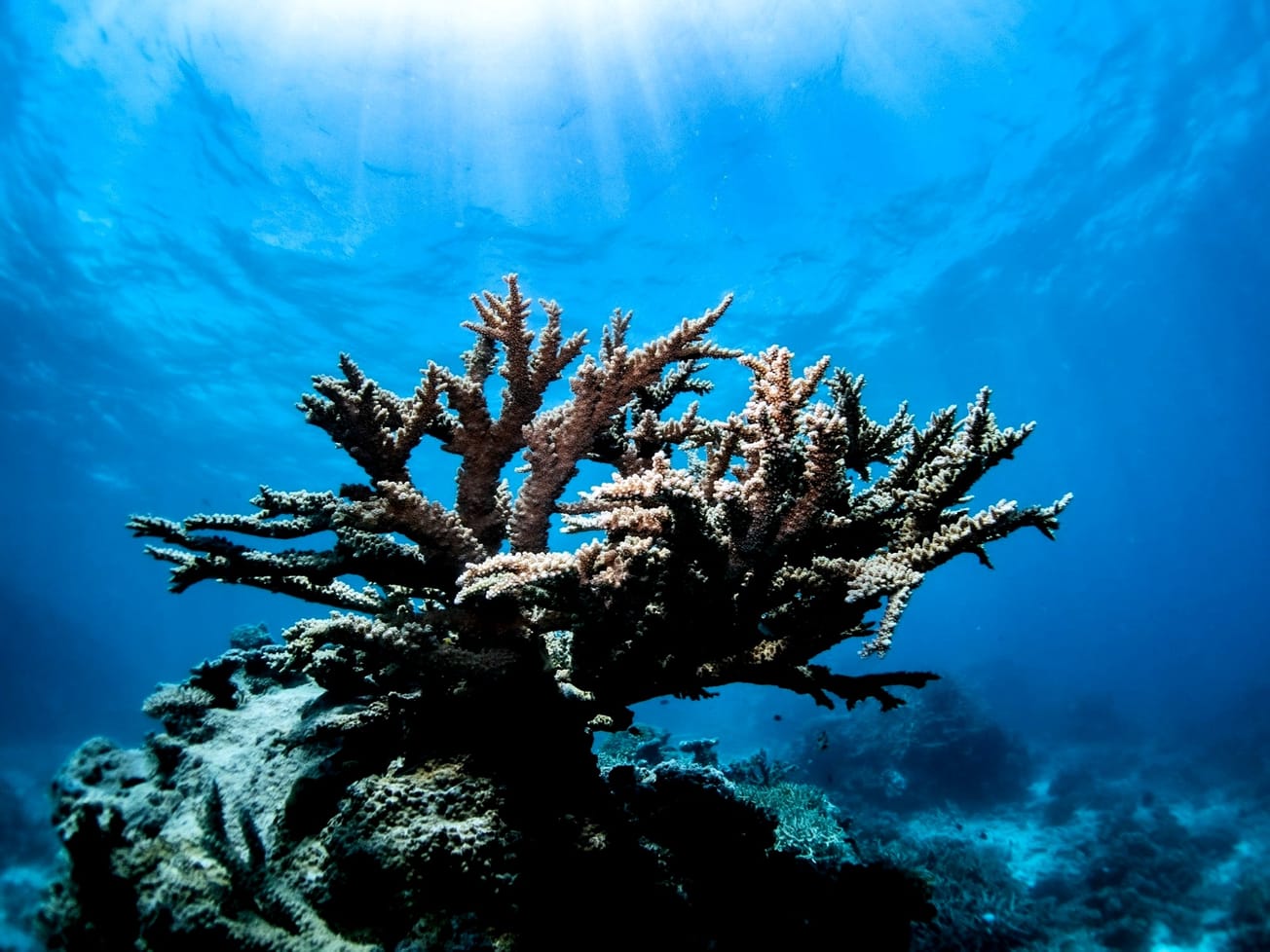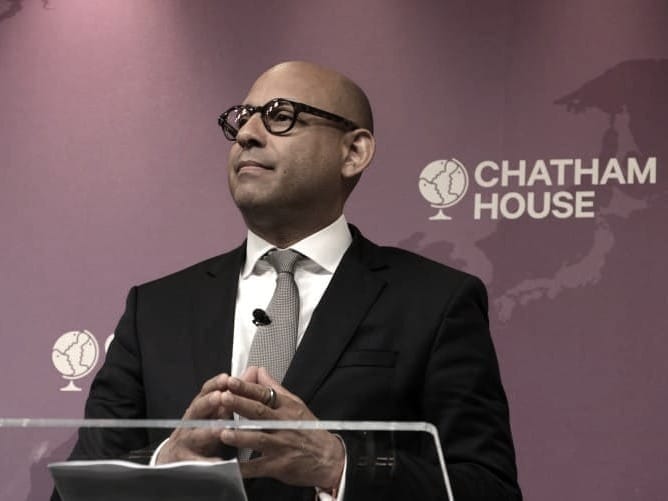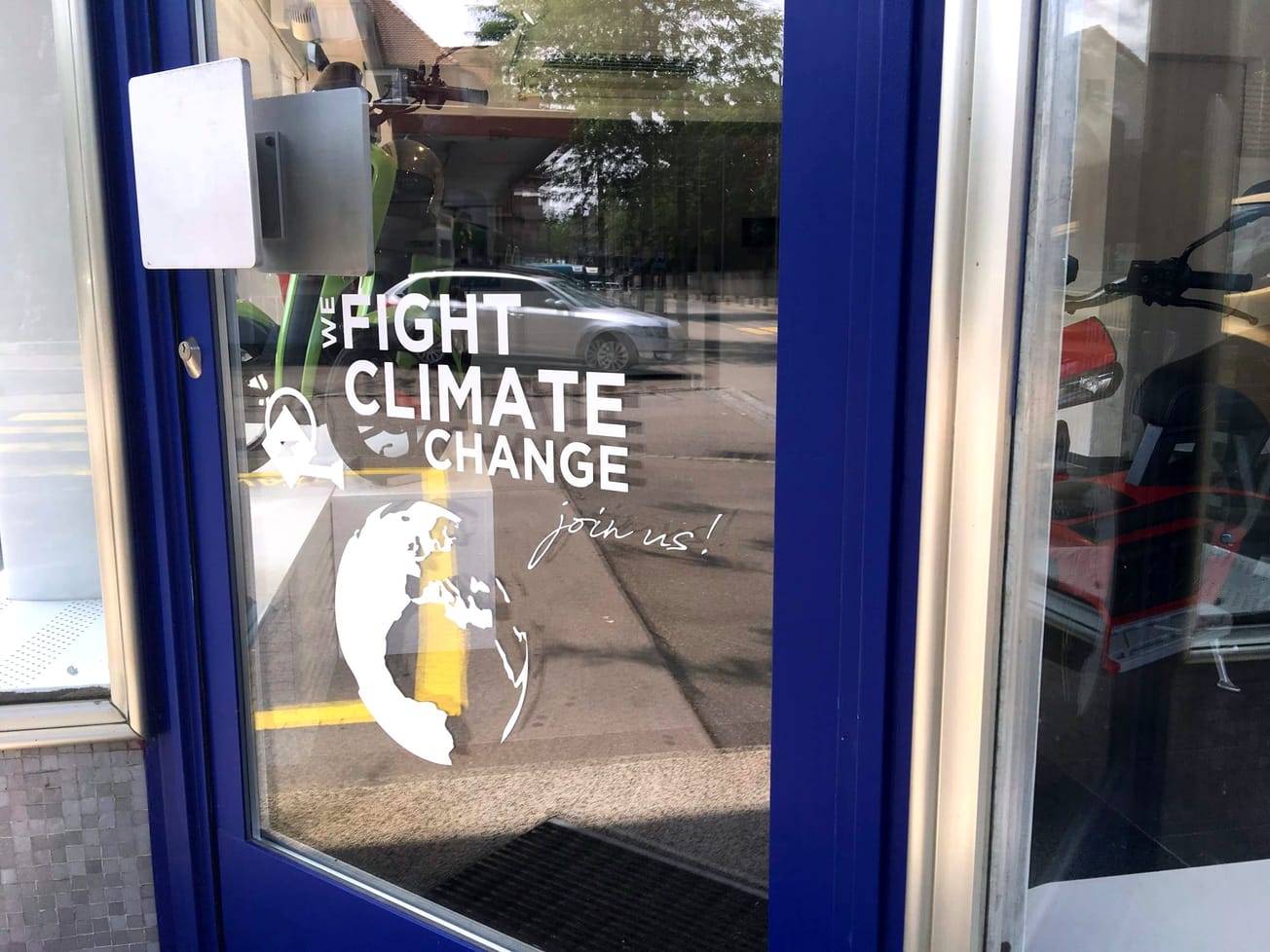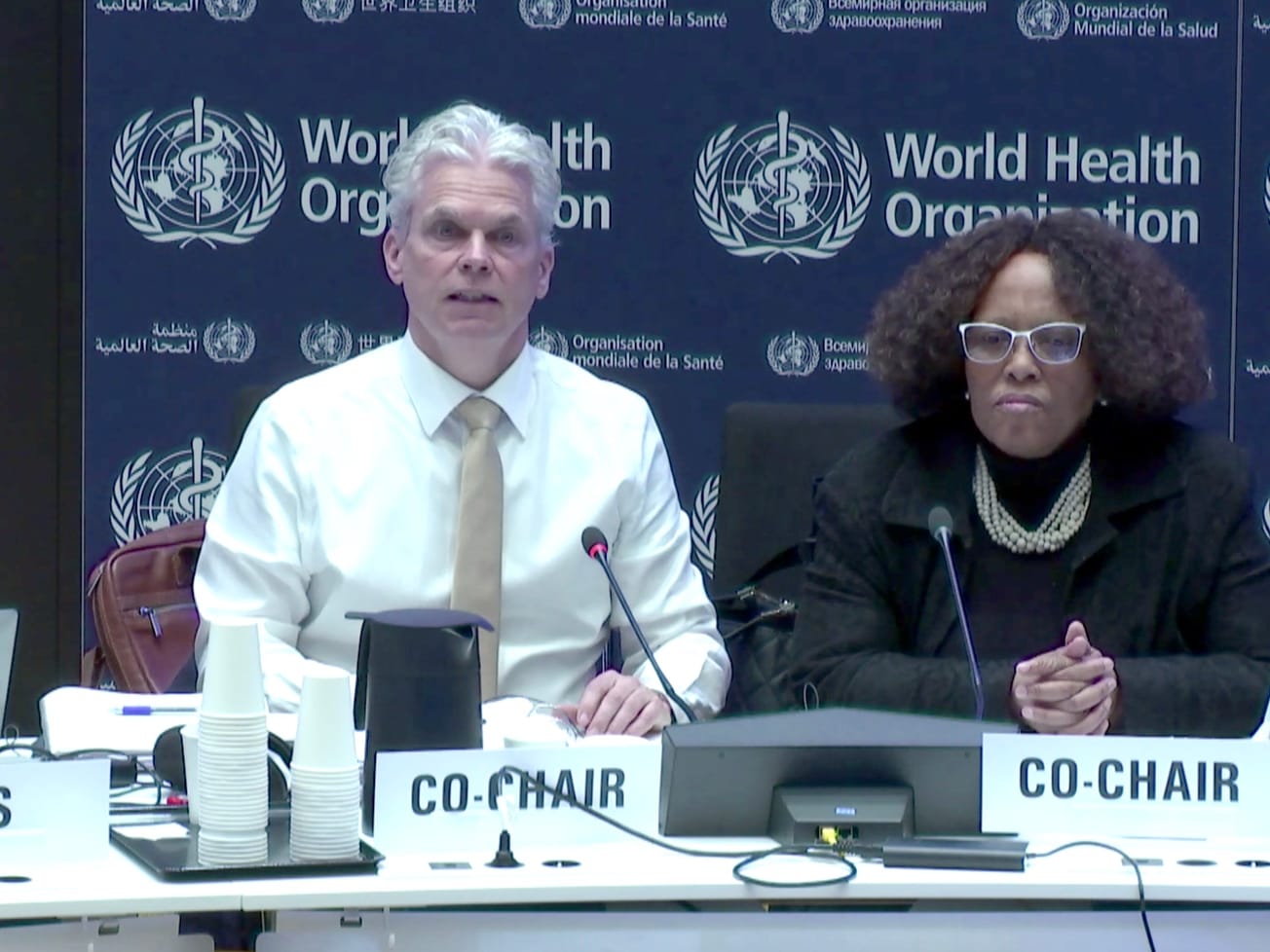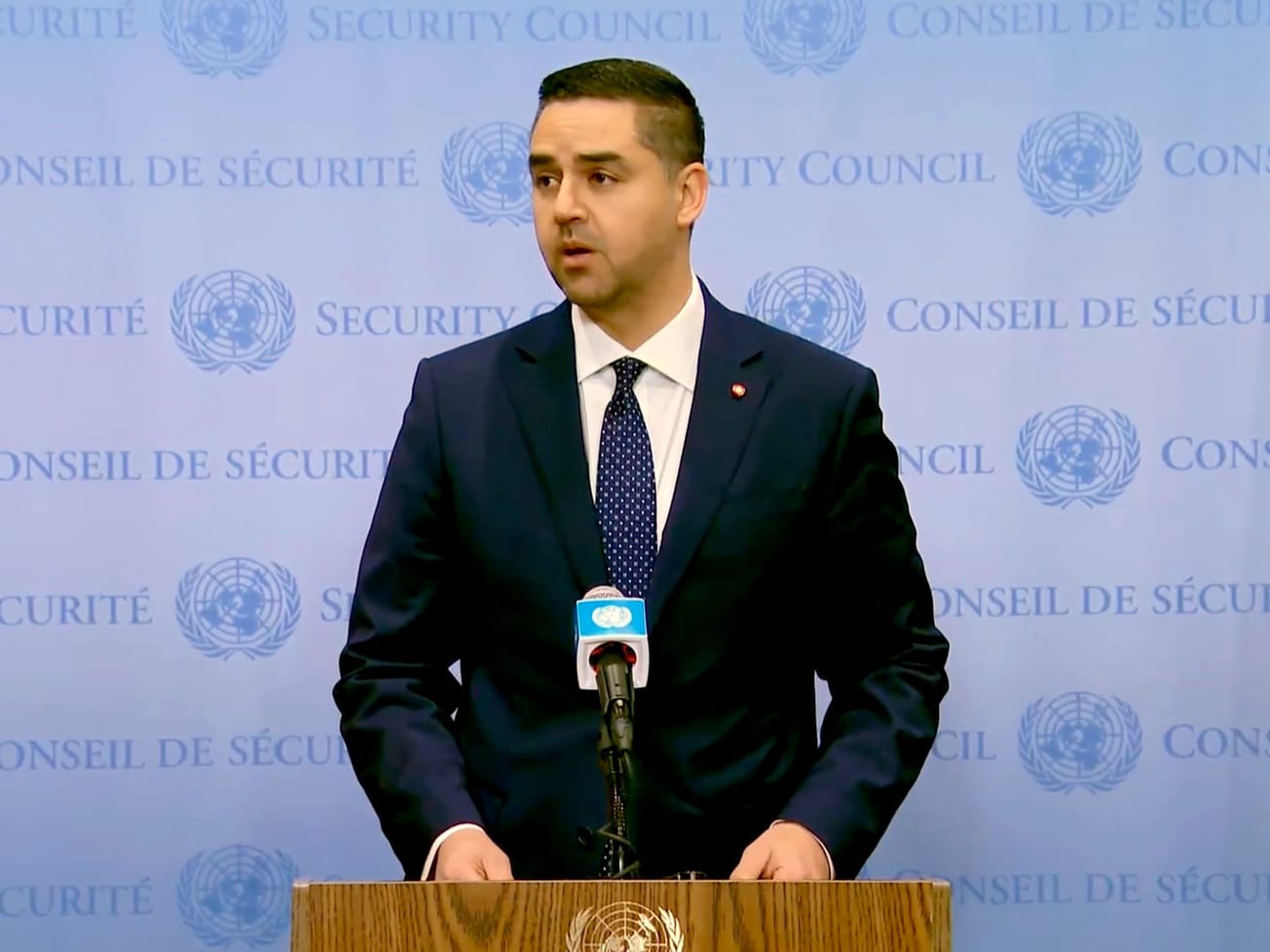Rising global temperatures and changes in land use patterns are expected to drive up the incidence of extreme fires around the world by as much as 50% by the end of the century, the United Nations Environment Program reported on Wednesday.
Extreme fires globally will likely increase 14% by 2030 and 30% by 2050, according to a report by UNEP and Norway's GRID-Arendal that finds the world’s poorest nations are disproportionaly affected but concludes governments must spend more on preventive measures.

